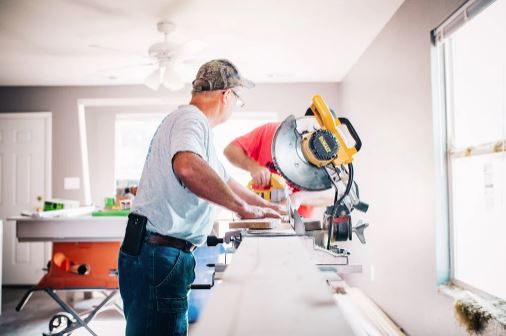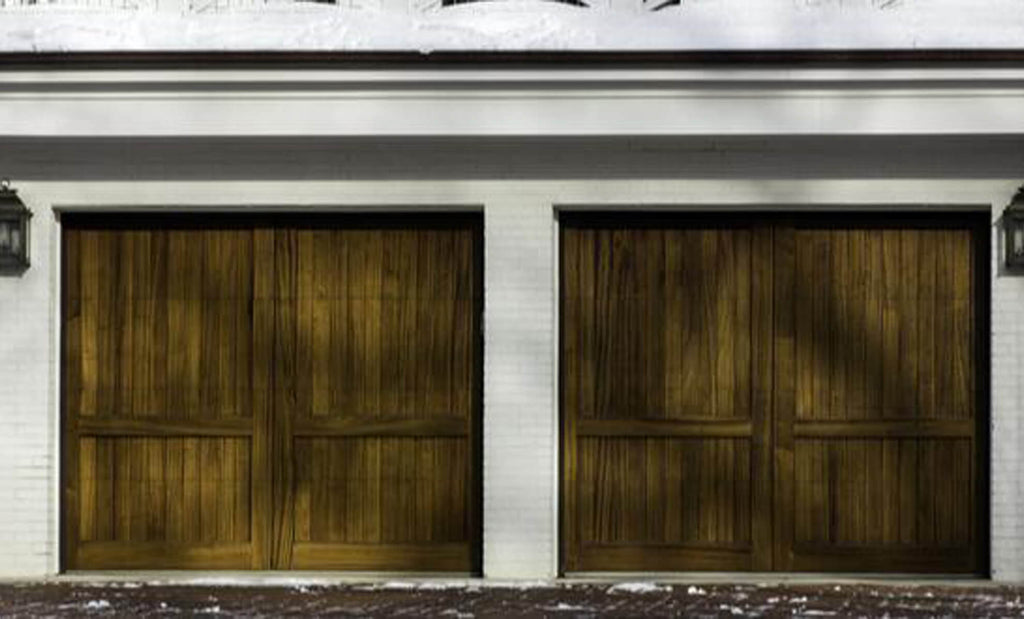Do I Need a Vapor Barrier In an Unheated Garage?
Unfortunately, there is no simple answer to this, and researching through blog posts, forum discussions and YouTube videos will inevitably result in lots of contradictory statements and claims. Below we will briefly discuss the science behind using vapor barriers, before making some recommendations (all of which come with important qualifiers).






